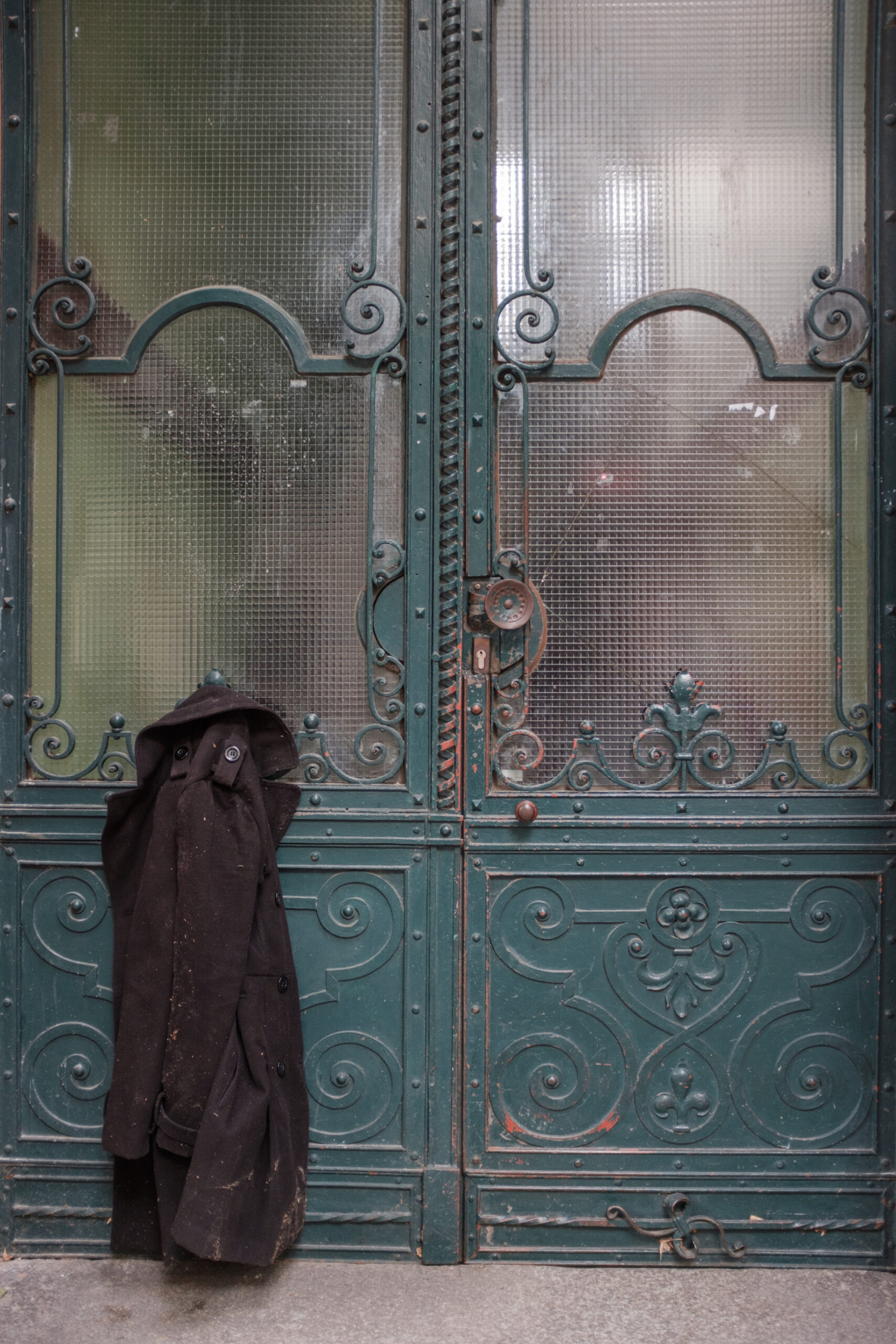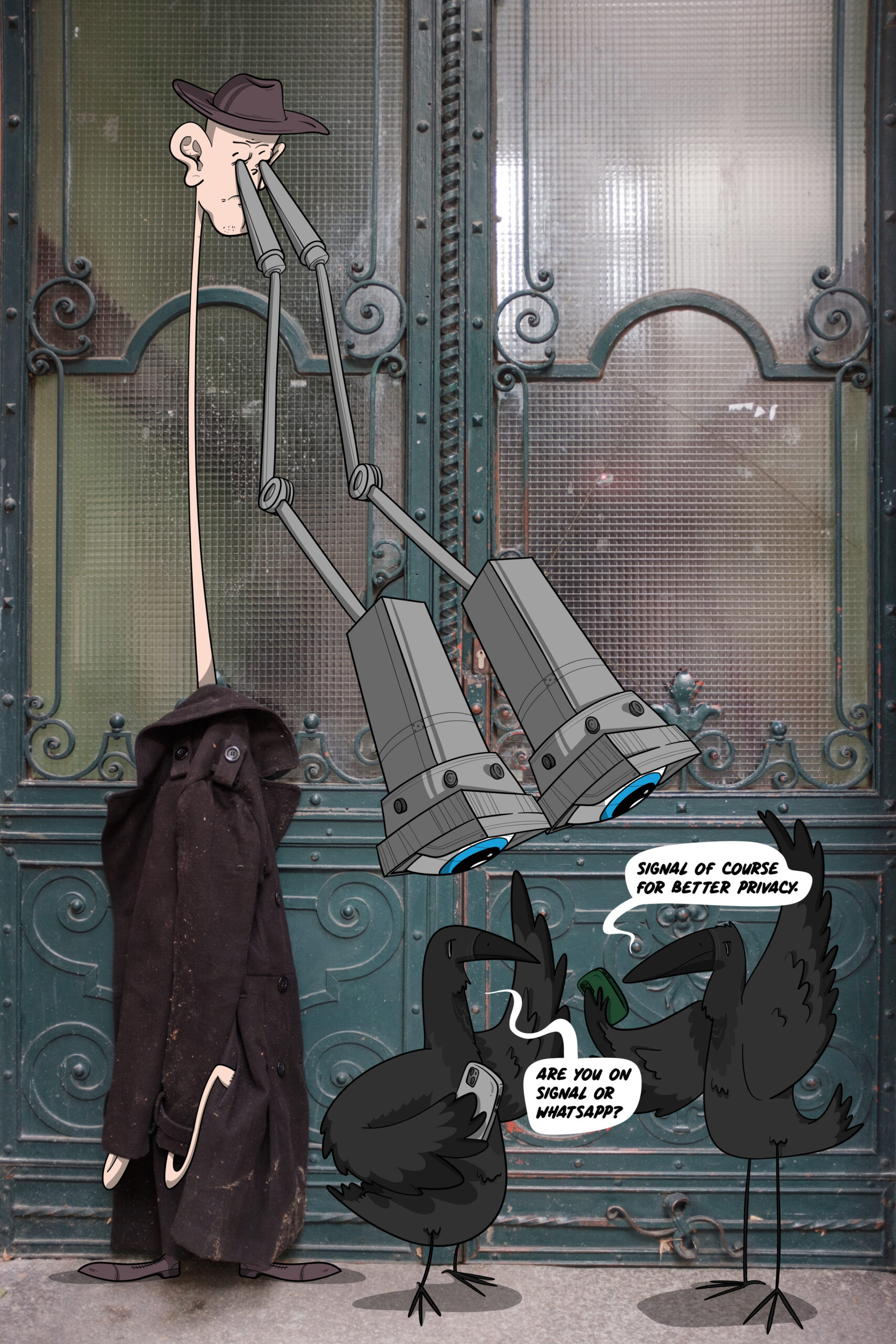Thousands of people in Berlin gathered on Monday to commemorate the victims of the 2020 Hanau massacre. The organising group Migrantifa reported that over 10,000 people took part in the subsequent march along Sonnenallee to demonstrate against racism in Germany.
Throughout the demonstration, the police repeatedly targeted pro-Palestine protesters, escalating their aggression. This culminated in a forceful charge into the crowd, where cops in riot gear launched brutal assaults on individuals.
What happened in Hanau?
On February 19, 2020, in Hanau, Germany, a far-right extremist gunman murdered nine people from migrant communities. Police were subsequently criticized for failing to respond to emergency calls, for arriving several hours late to the scene, and for not properly notifying the families of the deceased. Furthermore, although the gunman was known to the police, he was allowed to renew his firearms license as recently as 2019.
It was later disclosed that 13 of the police officers working in Hanau that evening were subsequently suspended for partaking in racist, far-right group chats, as reported in a recent article. Much of the media response was correspondingly inadequate, racist, and vilified the victims. Seda Artal, an organizer for the 19 February Initiative recalls: “I think the first headline I read was ‘Shisha murders.’”
What happened on Monday?
On Monday, February 19, 2024, a crowd of 10,000 Berliners marched in mourning, holding the names of the nine people killed in Hanau: Gökhan Gültekin, Ferhat Unvar, Mercedes Kierpacz, Said Nesar Hashemi, Sedat Gürbüz, Fatih Saraçoğlu, Hamza Kurtović, Kaloyan Velkov, and Vili Viorel Păun. The demonstration consisted of various blocs, representing different groups and organizations united against the pervasive racist policies that enable far-right extremist attacks.
While the police maintained a presence throughout the whole march, there was a notably larger concentration of officers around the Palestine bloc. In previous demonstrations, the police’s tactics have been clear: isolate the Palestinian bloc from the rest of the march, so that they could have full-reign on arrests and violence. This demonstration was different; the rest of the blocs stood in solidarity with the Palestine bloc, chanting together for the freedom of Palestine.
“Where were you in Hanau?”
The police, undeterred by this show of solidarity, continued to single out Palestinians and their allies, warning that anyone chanting “forbidden” statements or concealing their faces would face arrest. Intermittently, they forced themselves into the crowd, violently hauling people away. Demonstrators responded by holding up keffiyehs and umbrellas to block police filming, while chanting “Where were you in Hanau?”, drawing attention to the authorities’ apparent readiness to brutalize anti-racist protesters rather than prevent racist murders.
As the march was reaching its conclusion, police officers in riot gear charged several times into the Palestine bloc. In response, the crowd linked arms to protect each other, refusing to allow the police to disrupt the memorial. Many people were badly assaulted, violently pushed and shoved to the ground, with cops’ knees on their backs.
“They walked right into the people and … kind of jumped in it and started punching people and pushing them on the ground.”
Gustav, a demonstrator, reported their experience to theleftberlin:
“As I have seen it many times now, at some point of the demo the police put their helmets on and waits for a reason to brutally attack the people. I don’t know what they say was the reason this time but from what I saw and understood they wanted to separate the Palestine bloc from the rest of the demo. The organizers of the demo stopped the rest from walking any further so the police couldn’t separate the demo. Then it started to get more aggressive. They started to attack after they moved in the middle of the demo. As we see in the videos they walked right into the people and in one of the videos kind of jumped in it and started punching people and pushing them on the ground.”
“I loudly shouted that I was not resisting… Within seconds, I was lying on the ground with a knee on my back.”
Another demonstrator reported their experience trying to leave Monday’s demonstration (translated from German):
“Yesterday we stayed at the Hanau demo until the end, even after the escalation. As we tried to go home, five of us went towards the U-Bahnhof. Halfway there, I turned around and saw at least ten cops running after us. My impulse was to run, but the cops ran after us. On Karl Marx Straße, I raised my hands against a wall and loudly shouted that I was not resisting. Two seconds later, my head (and my nose) were slammed against the wall. Within seconds, I was lying on the ground with a knee on my back. I did not resist and said several times that I wasn’t resisting and hadn’t done anything. After two minutes, a policeman told me to turn my face. As I looked at him, he just said ‘that’s the wrong person.’ Afterwards they reluctantly set me free and angrily asked why I ran away… afterwards they began to chase and arrest random people on Karl Marx Straße… I have bruises on my nose and jaw since then from the violent pushing and shoving.”
Migrantifa reported that four stewards were arrested, as were a number of other demonstrators.
Such shows of violence are routine for Palestinians and their allies, as they undergo weekly attacks and detentions by the police for protesting Israel’s genocide in Gaza. At the Luxemburg Liebknecht demonstration in January, the police viciously targeted the Palestine bloc, sending 15 people to the hospital and brutally beating a 65 year-old grandfather who nearly died as a result.
Moreover, last week at a pro-Palestine protest, the police violently dragged a pregnant woman out of the crowd and detained her for an hour without medical attention. At a sit-in outside Axel Springer Haus last week they also attacked many protestors, including Jewish activist Rachael Shapiro. The police are instrumental in the German state’s campaign to criminalize the Palestinian cause, and do everything within their power to stifle and censor criticism of Israel.
Hanau is not an isolated case
A popular chant among demonstrators was: “Hanau war kein Einzelfall” – Hanau was not an isolated case. This echoes people’s frustrations with politicians and the mainstream media, who often depict attacks like the Hanau massacre as isolated and unforeseeable tragedies, rather than recognizing them as glaring examples of the escalating tide of racism and fascism in Germany.
Last November, representatives of Germany’s far-right party, the AfD, attended a meeting in Potsdam where they discussed a plan to deport asylum seekers, foreigners with a residence permit, and “non-assimilated” German citizens.
But racism in Germany is primarily a White German problem. The German government put out a report stating that in 2019, 90.1% of Islamophobic attacks and 93.4% of anti-Jewish attacks were committed by right-wing extremists. Hate crimes were found to have risen by 5.8%. Moreover, well over 200 people have been murdered by racist right-wing perpetrators since 1990.
Rather than comprehensively addressing the escalation of far-right extremism and striving for true unity, dignity, and respect for all, German politicians and media outlets have opted to evade their own ultra-nationalist, genocidal history. They have pawned off their historical responsibility onto Muslim and Arab people, who they accuse of “imported antisemitism.”
Far-right extremism and fascism do not emerge in isolation; they are a product of white supremacist tenets pervasive to our society and systems. Effective opposition to the far-right requires a collective and sustained effort to address every aspect of white supremacy.
The power of solidarity
Monday’s demonstration united diverse groups and communities in a powerful stand against racism and fascism. The organizers halted the march several times in solidarity with the Palestine bloc undergoing police assaults. This stands in stark contrast with some recent protests against the AfD, where Palestinians and other migrants were excluded by fellow demonstrators.
The interconnected nature of the struggles against the AfD and for Palestine is evident, especially considering the AfD’s staunch support for Israel, which surpasses that of any other party in Germany. With the AfD convening its national conference in Essen in June, significant protests are expected.
As we mobilize against the racist far-right and endeavor to eradicate white supremacy, Palestine should always be at the forefront of the fight. We must stand united against racism, police violence, and the German government’s support for and financing of the genocide in Gaza.
Free Palestine. Free Gaza. Stop the Genocide.
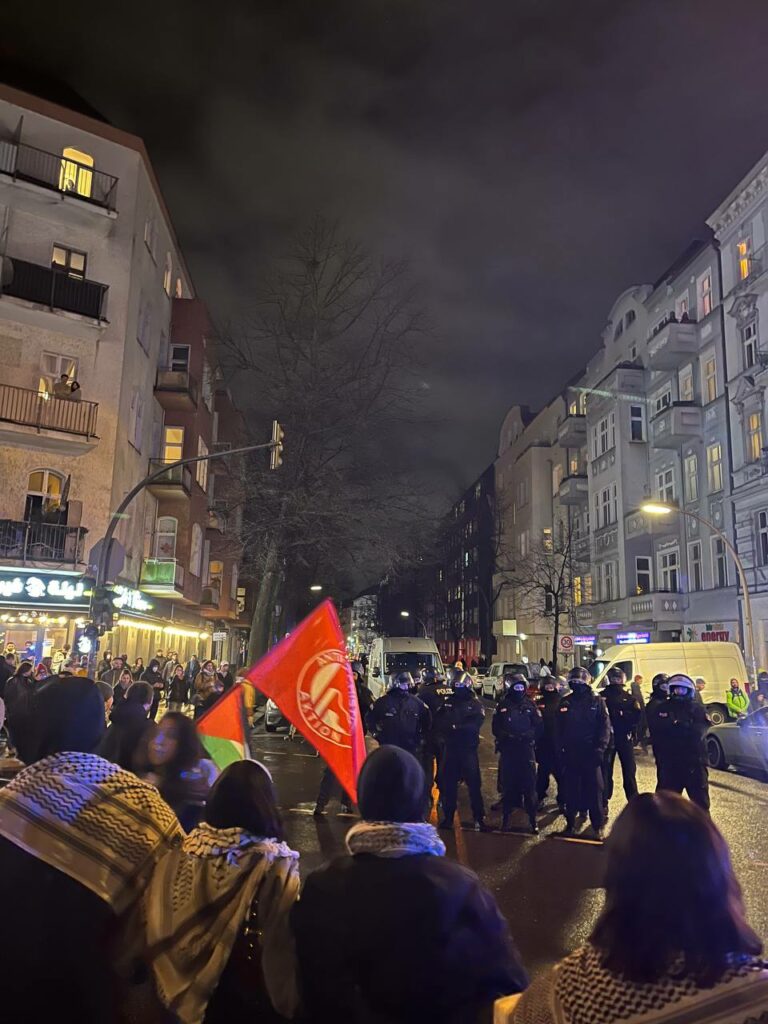
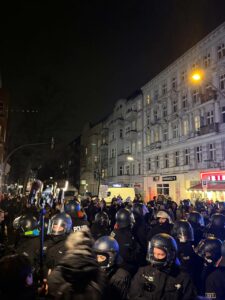
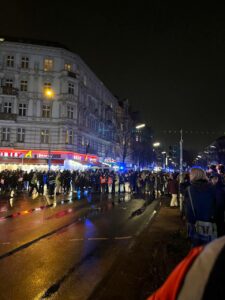
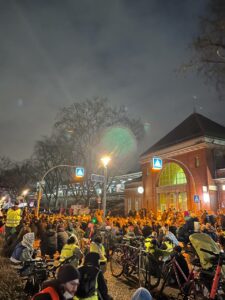
All photos and videos: Elisa T, Lyna B, and theleftberlin readers
